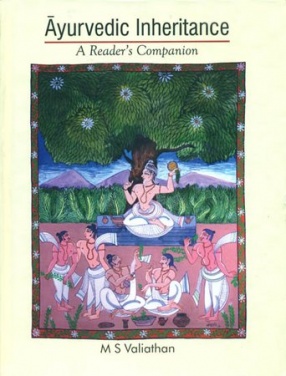
Manipal University Press

Showing all 18 books
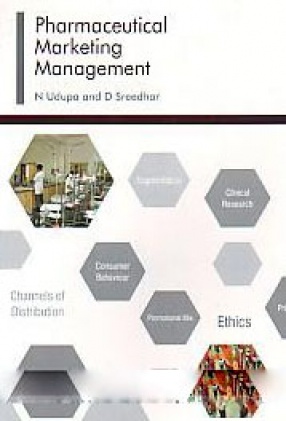
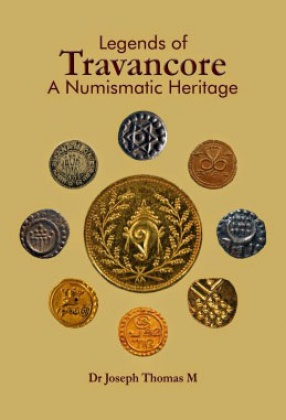
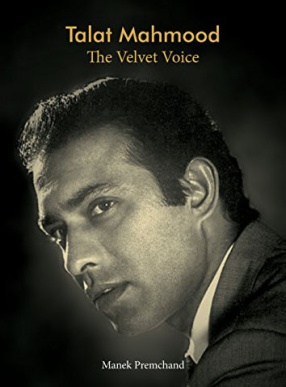
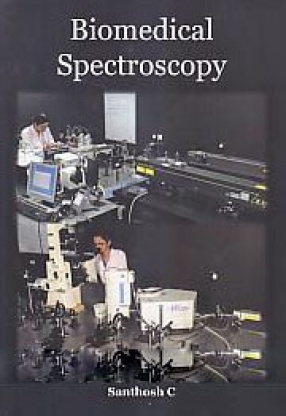
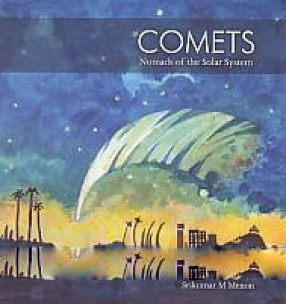
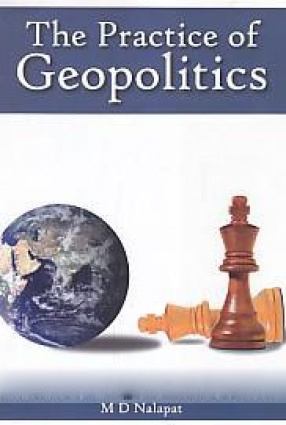

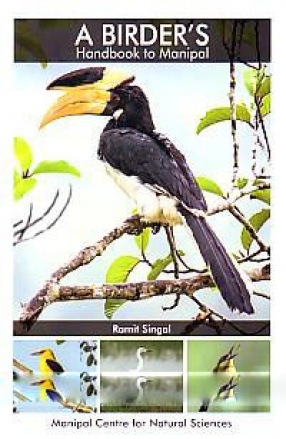
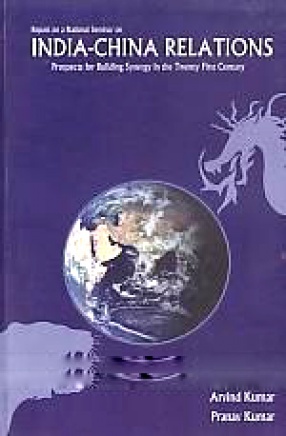

In ancient India, learning spanned four quarters of one's life. Learning was sought from the teacher, from one's individual effort, from fellow students and in the last quarter, from the school of life itself. This book belongs to the third quarter for students of Ayurveda regardless of their background in medicine, science, or humanities. Apart from topics in the eight branches of Ayurveda, the book also deals with Ayurvedic Biology which seeks to study the ...
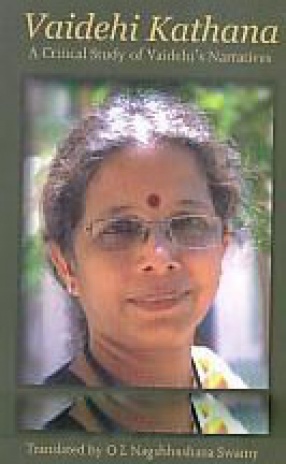
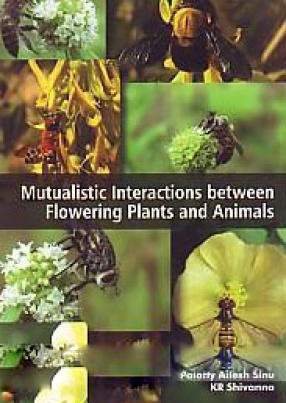


The Kingdom of Travancore in the Southern part of India was a native state in British India which was well known for its progressive outlook. Its enlightened royalty ruled the country as Sree Padmanabha Dasa. They had in place a well oiled administrative mechanism that implemented various programs and reforms, resulting in an overall development of Travancore. Though Travancore was under the colonial rulers, there was a well-orchestrated administrative machinery ...

Talat Mahmood was one of the most important and significant singers of the golden era of Hindi film music. His songs are recalled by music lovers, generation after generation. The quality of his voice and the richness of his expression made him a great singer both in cinema and outside it. His melodies are a precious part of any music connoisseur's repository and for several people around the world his is the most moving and soul-stirring voice ever. It's a ...



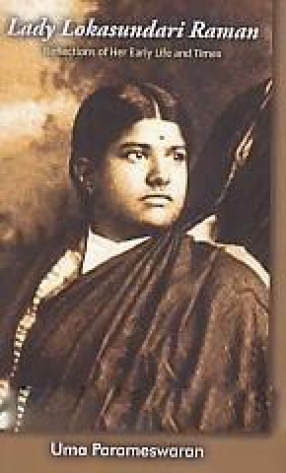
This biography provides new insight into the life and times of Lady Lokasundari Raman, the wife of great scientist C. V. Raman. Going deep into her family background, it describes in detail her birth and childhood, her parents, her schooling and her wedding with C. V. Raman.
It further describes her experiences about her stay with her husband in Calcutta, Rangoon, Nagpur, and Bangalore as well as her foreign travels, especially to Sweden when she accompanied her ...

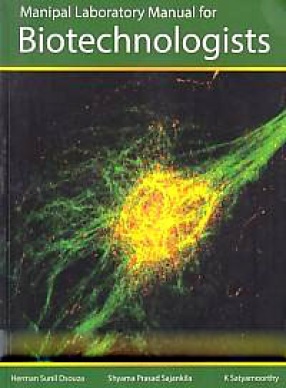
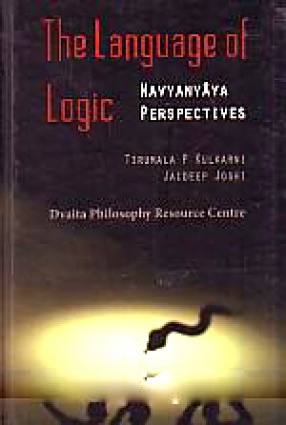
This book seeks to examine the key aspects of the philosophy and language of Indian logic—Navyanyaya. Setting out with the technical language of Navyanyaya, it discusses at length its applications to computerized language processing, and culminates in the philosophical aspects of Indian logic.
By introducing complex ideas with lucid narration, illustrations and interesting analogies, it opens the door for a general audience to the intricacies of the ...



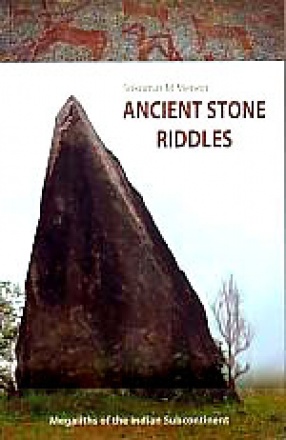
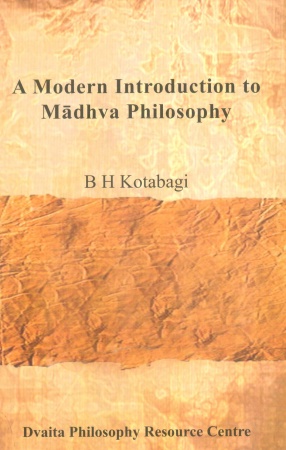
As the title of the book avows, it is a treatise on Madhva's realistic school of Vedanta philosophy in a modern perspective. The author has made the treatise convincing to the modern mind by employing western logical apparatus in substantiating Madhva's ideas. Following the Indian classical tradition, the author has examined the validity of Advaitavedanta, the Absolute Monism of Sankara and Bhaskara as Purvapak?a, and logically proved its inconsistencies. He has ...
